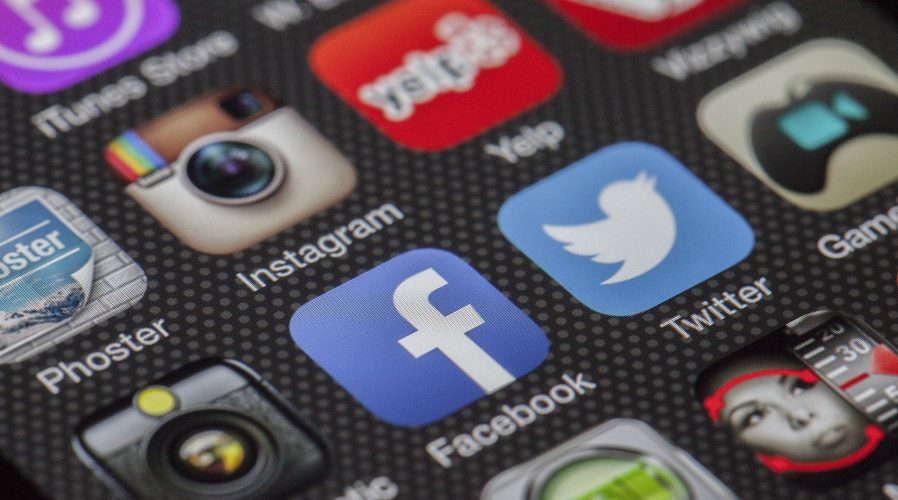Social Media and Your Personal Injury Claim
Social media posts can be harmful to a potential injury claim, even years after the accident. Almost everyone uses some form of social media, like Facebook or Instagram, to share details about the happy moments of daily life. But those positive messages and smiling photographs, shared with family and friends, can be found by other parties. They can use these as evidence to refute parts of your injury claim, and reduce your potential damages.
Why can this impact a personal injury claim?
It may appear simple to understand why social media could harm a claim. Facebook posts about running a 10k can certainly be used to attack a purported knee injury causing ongoing disability. However, there are many ways that insurance companies and defendants can use your social media history against you to undermine your claim.
Damages in a personal injury claim are calculated, in part, based on the ongoing impact that your injury has on your life: your mobility, your ability to go about your daily life pain-free, whether you can socialize and participate in activities in similar ways to before the accident happened. And social media, where we share massive amounts of information about our daily activities, is a gold mine of evidence about this impact.
What are they looking for?
Most of the time, insurers and defence lawyers are looking for anything that shows your injuries are less serious than claimed. For example, a video of someone dancing would be used as evidence that they did not have a severe back injury.
Alternatively, they might look for any evidence that some injuries happened before the accident. Using the same example above, a post on Facebook about a sore back after shoveling snow the previous winter, or a fender bender mentioned to your Twitter followers, these things could be used to suggest that a back injury was pre-existing.
Finally, social media is most useful as a source of information to discredit claims of psychological damages and injury claims involving a loss of enjoyment of life. This could include details of past and present social interactions, vacation photos, check-ins at restaurants, or frequency of posts on Reddit. For example, photographs of a night out with friends on a regular basis may be used to show that a claimant is not depressed and socially isolated, even if that may have been the only time the claimant left the house in several weeks.
How can I protect myself?
The best way to protect yourself after an accident is to stop using social media completely. If you cannot disconnect, minimize use as much as possible, and do not post anything related to your injuries or claim. Assume that anything you post could be read by your insurance company or potential defendants, and use common sense before posting.
In these matters, the first thing an insurance company will do when they see your claim is conduct an internet search. If you have been involved in an accident and are considering a claim, or have questions about how your current claim may be affected by social media, contact Derfel Personal Injury Law before you do anything else. We have the expertise to advise you regarding your online presence, and any possible impact on your claim.
